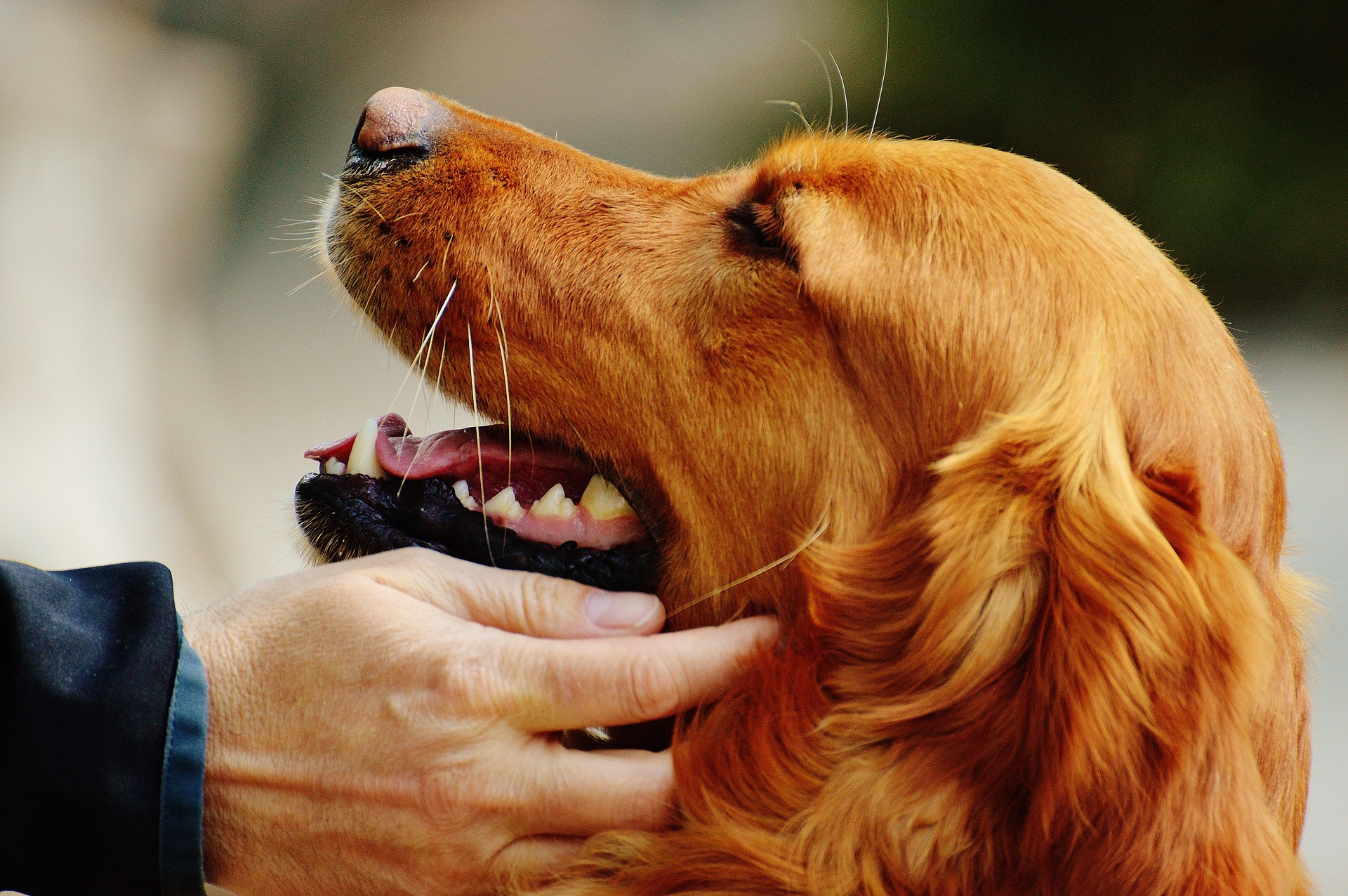
Petting a dog or a cat can significantly lower your blood pressure. Countless studies have demonstrated that pet ownership improves not only your mental health but also your physical health.
According to studies, the risk of fatal cardiovascular diseases reduces dramatically when you own a pet or frequently interact with an animal.
The feel-good sensation is a lot more complex than creating an emotional bond. Pets do improve our health and happiness. Yet, despite the many enhancements they bring to your life, it can be tricky to get around the “no pet” rule. A lot of pet lovers who can’t adopt an animal in their current home have resorted to volunteering in pet shelters and with animal charities. But what other solutions are there to tackle the pet restrictions?
#1. It may not be a rule anymore
Many tenants have to say goodbye to their beloved pets when they rent a property. However, new measures aiming to allow tenants to keep their pets have been discussed in Parliament. A pet clause could be added to future tenancy agreements to allow people to keep their animal when renting the property. Examples of pet clauses include the breed and name of the animal, as a way to better control pet ownership in a rental property. However, for a lot of tenants, this could be the perfect solution.
#2. Look out for other options outside of home
Pet lovers can also reach out to animal farms to seek interactions with pets. As part of emotional therapy and emotional support activities, animal farms, such as this one that keeps GB alpacas, can offer a variety of activities, such as walking or caring for the animals.
Another surprising alternative to pet adoption can happen at a business level. More and more companies have adopted an office pet, such as a cat or a dog, that brightens up the office mood. Office animals can provide comfort in times of stress. More importantly, the office pet also encourages better team building, helping co-workers to create bonds and build up trust.
#3. Take riding lessons
Joining a riding club offers a unique opportunity to spend more time with animals. A lot of riding clubs allow their members to interact with horses regularly, not only as part of the riding programme but also as day-to-day maintenance duties. It isn’t uncommon for riding school to have members who help with brushing and care tasks, even when they are not riding. You can establish a unique connection with your horse, even help look after older horses or train younger recruits.
#4. Redefine the exclusion rules
What prompts the “no pet” rule in the household? As a tenant, it is easy to understand the worries of your landlord. No investor wants to find out that a pet has damaged their property. However, as pet clauses are starting to appear in new tenancy agreements, there is a room for negotiation with your landlord.
For homeowners, the no-pet rule is typically linked to allergy risks. Here again, there are suitable alternatives that can be considered, such as hypoallergenic dogs that are less likely to shed.
Animals play a crucial role in helping people tackle loneliness and emotional distress. It is vital to look out for alternatives that can allow individuals to interact with pets. From authorised and carefully researched pet ownership to alternatives leisure activities that create a bond with animals, people have found ways of restoring the essential connection with animals.

